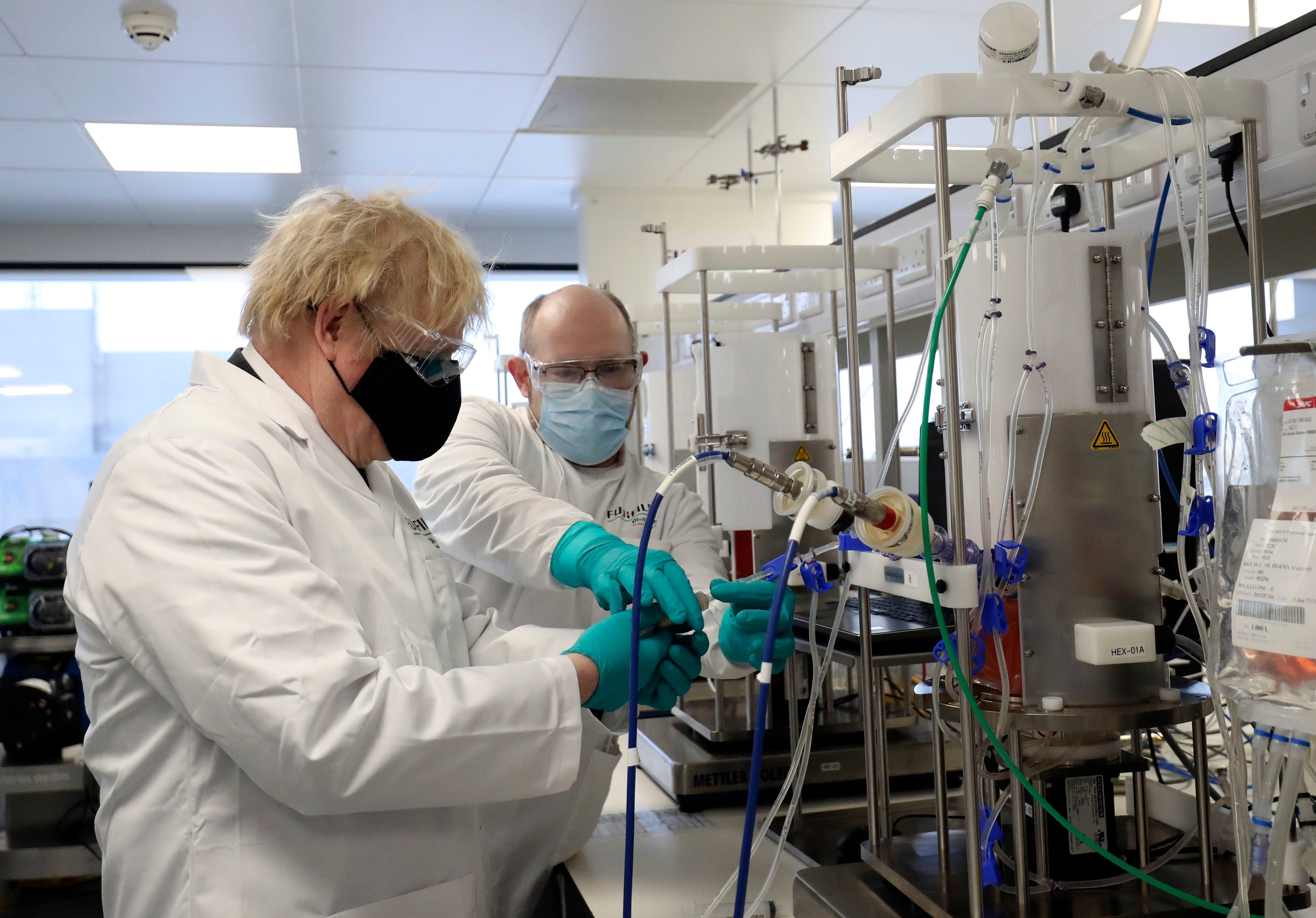I’m not convinced of the need for vaccine passports within the UK
Should proof that you have had a jab be the price of admission to restaurants, pubs or offices? John Rentoul says no


What is the point of vaccine passports in the UK? Their advocates say they would allow society to open up more quickly, as restaurants, pubs and cinemas would be able to admit people who could prove that they have been vaccinated. I am as keen as anyone to open up to the joys of social life, but I don’t see how passports help.
In Israel, where 80 per cent of the population has had at least one dose, the plan is to open theatres to vaccinated people only. But why? The evidence is that the vaccines are effective in preventing serious illness and death. That is what matters: once that protection has been achieved, suppressing the spread becomes less important (but still important), especially as it will happen anyway. Israel is about two weeks from getting a first dose of the vaccine to as close to 100 per cent of its population as is possible, which means that, we hope, the virus will continue to retreat.
The vaccines don’t provide absolute protection, so passports won’t provide the certainty people seek. We don’t know to what extent people who have been vaccinated can still be infected with coronavirus, nor to what extent they can then infect others. But we do know that vaccines have an effect on transmission, and probably a large effect. And what matters, above all, is the risk of dying.
In the UK, the plan is to vaccinate those groups that have accounted for 99 per cent of coronavirus deaths by the end of April. Anyone who can do basic arithmetic can see that, at the current rate of vaccinations, this target will be met weeks early. At that point, and after allowing three weeks for the vaccine to take effect, the need for proof of vaccination status falls away.
Coronavirus then becomes a non-fatal illness affecting fewer people, as the vaccines gradually reach the rest of the population. NHS leaders are worried that some people under the age of 50 could still become seriously ill before they are vaccinated, so there is a potential short-term problem. But if the level of infections is low by the end of April, would passports make a significant difference?
The other common fear is the risk of mutations. Some argue that it is worth continuing to take extreme measures to keep the level of infection in the unvaccinated population as low as possible to reduce the risk of new, more dangerous variants emerging. This is an argument that goes beyond the question of vaccine passports to the wider one of how quickly the lockdown should be lifted, but I think the same principle applies. Once the vulnerable are protected from the risk of death, other risks have to be balanced against the wellbeing of the whole of society.
I have quoted him before, but Professor Peter Horby, chair of the New and Emerging Respiratory Virus Threats Advisory Group (Nervtag), seems to think the risk of new variants emerging is manageable. He said last month that we will have to update the vaccines, but not in the next year: “I don’t think that’s going to be an issue in the short term.”
There are special cases where proof of vaccinated status could be needed. If other countries require it as a condition of entry, that is not a matter for the British government, except to try to make it easier for people, and it seems a reasonable requirement when people are travelling from a country with more vaccinations to one with fewer. And there are difficult questions about health and care workers, especially those looking after people who cannot have vaccinations.
But for people who want to socialise, or go to the office, after the first nine priority groups have had their vaccine and waited three weeks for it to take effect, I can’t see how vaccine passports would help.
Join our commenting forum
Join thought-provoking conversations, follow other Independent readers and see their replies
Comments